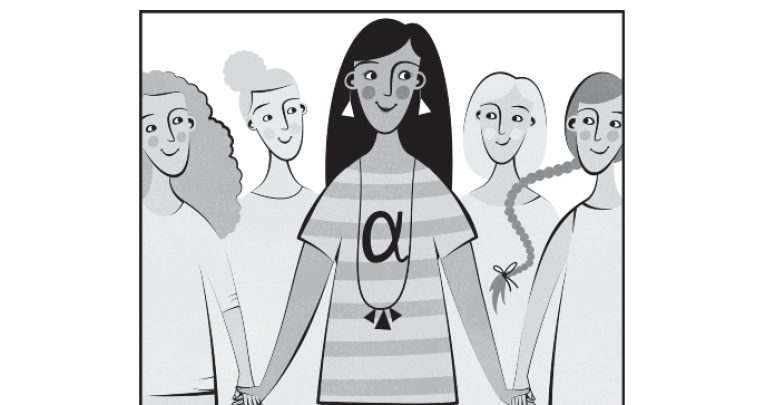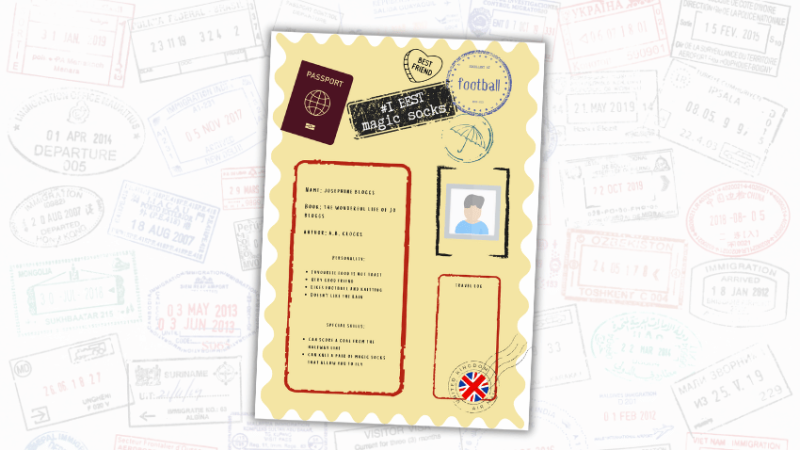“She knows how to create fear in others” – The alpha female’s role in school bullying among girls

Former teacher and child psychologist Dr Sam looks at the factors that shape the person typically responsible for instigating bullying among female school pupils – the alpha female…

An alpha female is no bad thing. At least, not when she operates in a pro-social way.
She’s a leader, a strong willed decision-maker, an independent thinker and a role model. She can provide strength and stability to those who choose to be around her. She’s focused, tenacious and aims for success. And she’ll often have an acute sense of emotional intelligence, tuning in to the emotional needs of others as well as herself.
But what happens when an alpha female decides to use these skills and qualities for antisocial purposes? When she chooses to advance her own needs at the expense of others, to manipulate and bully her ‘friends’ within the pack and her victims beyond it? What happens when the alpha female slips over to the dark side?
In my experience, the most prevalent type of alpha female is the ‘celebrity’ bully. She is normally good at something – whether it’s decision-making, sporting achievement, academic prowess, or simply being good-looking and utilising those looks. She holds court in the playground. And let’s make her real. We’ll call her Alpha.
There is an Alpha in most schools. She likes to be noticed. There’s nothing wrong with that. She likes attention. There’s nothing wrong with that either. And she can also morph into other roles, either aggressive or passive, depending on the space and place. That’s not unusual. Sometimes in the park – without her pack around her – she’ll be a victim, or in a leisure club she’ll be a bystander. But in other contexts she’s the alpha. It all depends on the amount of power that she can generate from her peers.
For example, it could be that she’s a magnet to the boys and so becomes socially popular in the eyes of some of the girls who admire that and who hope to get some of the same just by being around her. Or it could be any of the other things I’ll explore in this chapter. She’ll build up her social identity based on the view of her peers, which will all depend on how worthy and valued they consider her to be: is she worthy of attention and admiration? Is she valued as a ‘friend’ and protector?
It’s the reach of Alpha’s social power that’s magnetic, and this is what gains her both admirers and her celebrity status.
Alpha’s strategies with peers Alpha uses four main tools to establish her power: fear, loyalty, popularity and friendship. Fear is common to all elements of the system: the alpha female, her pack and her prey. Alpha herself may well be driven by a fear of being alone and powerless, and so to counter this she knows how to create fear in others. She uses fear to create loyalty from others in an incredibly skilful and devious way. She offers them security and safety by accepting them into her pack, from where they will be safe from her own sanctions and punishments.
In other words, they won’t have to fear being outside the safety of the pack. They’ll become ‘one of us’ and no longer find themselves in the dangerous and precarious position of being one of ‘them’. Alpha is well-practised in the art of manipulation. She’s an expert at feeding her own needs at the expense of others’. In fact, it’s not possible to carry out this type of bullying – creating and sustaining a group of loyal followers – without being incredibly socially skilled and emotionally intelligent. The antisocial alpha female has powerful antisocial resources at her disposal.
Loyalty is something that Alpha has to actively seek out. She needs to be sure that every member of her pack will be loyal to her; that’s what will ensure that she stays the leader of the pack. Because she’s learned not to trust anything or anyone, she’s extra-vigilant about selection procedures and keeping each pack member watchful and fearful. She has to protect herself, be confident that they’ll remain loyal and be sure they’re committed to keeping her in place against challenges and challengers. She has to be certain they realise that the only way they can stay safe is through becoming dependent on her, by pledging their complete loyalty to her.
Popularity by association To bind the pack to her she offers them a deal. In return for their loyalty she offers them security and something they crave – something that will make them want to feel protective towards her and keep in her in pole position. She offers them popularity by association. Popularity isn’t difficult for the celebrity alpha. She will have something that others admire. It may be due to sheer luck in the gene pool: she may be prettier and more attractive than those around her. They know it, and so does she. It gets her attention from the boys, and also from the girls who want to be like her and, most importantly, want to be associated with her because her popularity rubs off on them.
On the other hand, her popularity could be due to being tough, or clever, or sporty, or loud, or angry, or breaking rules, or answering teachers back. Each of these qualities will find willing supporters among her peers who find these traits impressive and admirable. She does these things brilliantly, with style, and her potential pack members long to be associated with her. Someone like Danny (aged 15), for example: ‘If that person’s popular then [others]’ll want to be with them. You see those people in the press that are good at stuff … loved by everyone.’ And, of course, once in place, Alpha sets the rules, and then whatever she thinks she isn’t, she won’t want anyone else in the pack to be. So if she isn’t pretty she won’t like those who are; if she’s academically gifted she’ll be scornful of those who aren’t. They’re unlikely to be in her pack; in fact, they may well be on her list of potential prey.
While popularity works like a magnet for Alpha attracting the kind of loyal support she craves, she constantly needs to find new ways to become even more powerful and attractive. So she has one more ace up her sleeve; one more crucially attractive gift that potential pack members can’t be confident about getting elsewhere. She offers them the precious hand of friendship.
In reality, of course, it’s a completely false friendship that she offers; the kind that has a deceptive veneer of trust, loyalty and reciprocal caring and sharing. It takes in the gullible; those who are deceived by her status, strength and popularity. It is, in fact, a relationship founded on totally conditional terms, lacking any mutual respect, manipulating the notion of ‘best friends forever’ and the leverage gained from the acquisition of personal secrets as insurance against disloyalty and betrayal.
© Sam Littlemore, 2015

Extracted from the book Girl Bullying by Dr Sam, which is available now in paperback from Crown House Publishing Limited, priced at £12.99.








